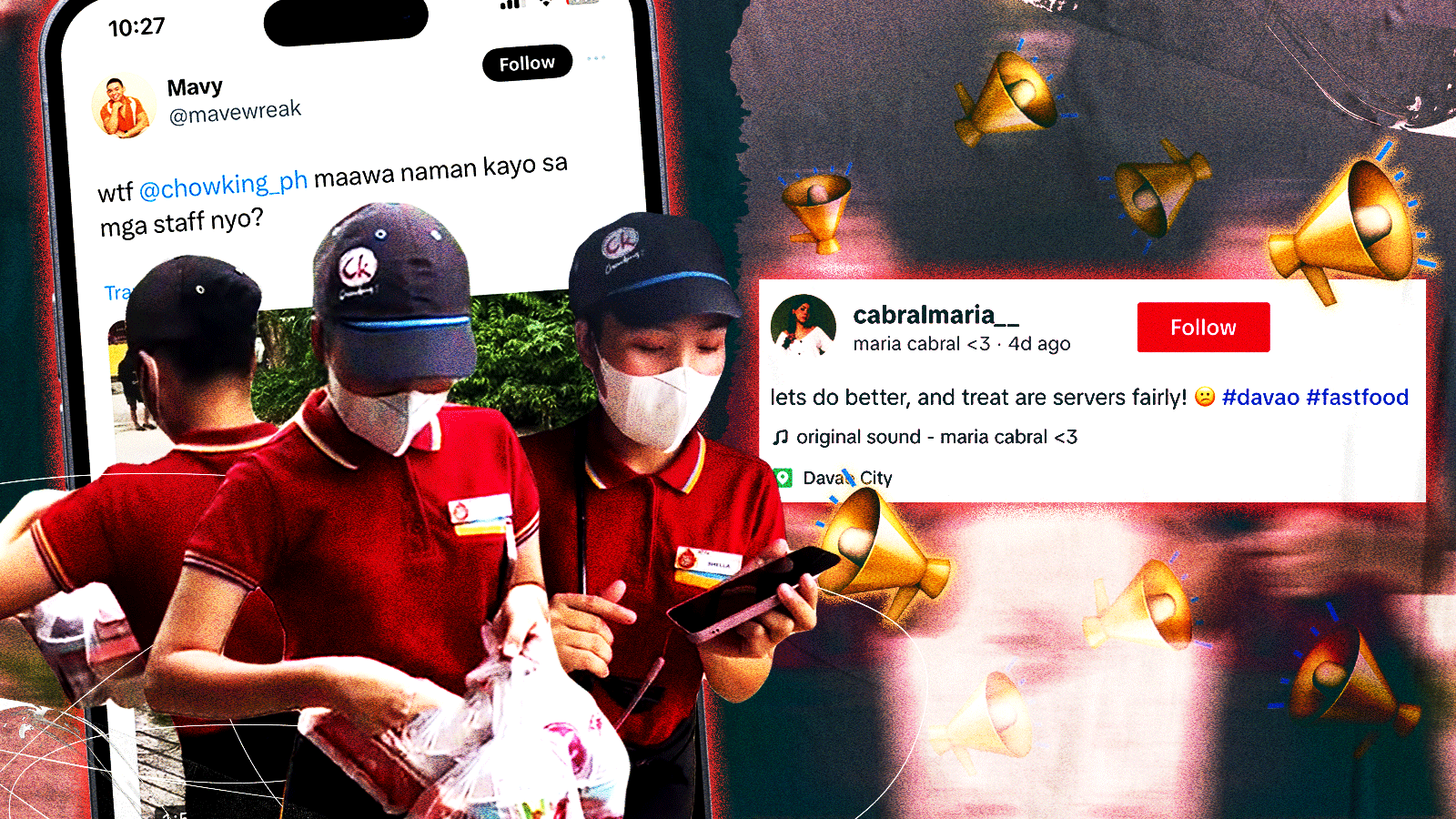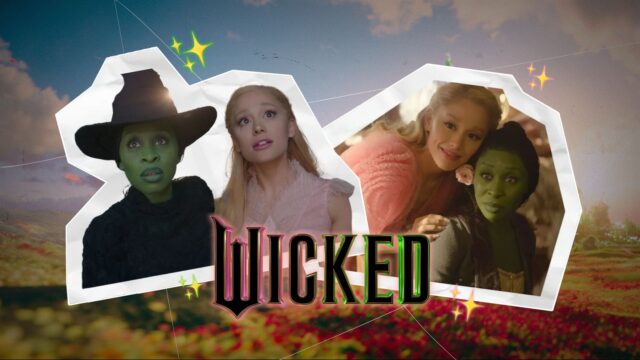A recent viral video about a food service worker brings up important things to question and consider about the power of social media to influence and change practices.
Related: We Really Should Stop Taking Photos And Videos Of Random People In Public
We’ve all spent years on the Internet, so we’re familiar with the way social media can be a double-edged sword when it comes to social issues. It’s a primary avenue of information, thereby of raising awareness, but as with anything involving humanity, the power of social media lies in the hands of those who use it. Such power often comes in the form of bringing to light societal ills or unjust circumstances through simple posts, photos, or videos. Just recently, a video of a Chowking food service worker went viral because of the unusual and unfair work she was made to do.
wtf @chowking_ph maawa naman kayo sa mga staff nyo? pic.twitter.com/jvRLJ6mzD2
— Mavy (@mavewreak) November 25, 2023
In the TikTok video that was then posted on X, Shella, a staff member of Chowking SM City Davao branch in Ecoland, revealed that it was required for her and other staff to walk around the Ecoland area going door-to-door asking people if they’d like to order from Chowking. She had to walk around the subdivision by herself, use her own money if she were to commute, and hand-deliver the orders in order to boost the “small” sales of the branch. The video incited criticism about the way the restaurant treated their workers.
Social media can do plenty of good, like getting Shella in contact with people who can donate to her or people who offer her better opportunities, or, on a bigger scale, raising enough awareness for people to collectively demand for change in a certain place or practice. But there are pitfalls to bringing everything to the Internet, and if we want to reap the good that it has the potential to bring, we’re going to have to echo what our teachers have always been telling us to do: think before we click. (And consider a few other things below).
DO PROPER RESEARCH
When issues like this come to light, a lot of people do try to get to the bottom of things or look for ways they can help. For instance, people called out Chowking, tried to reach out to Shella, and brought more information to light about labor malpractices and instances of mistreatment in the food service industry. As they should—these are all valiant, admirable acts.
But it’s not always perfect. Misinformation, like Shella being fired (both Chowking and Shella denied this as Chowking said that the “concerned team member” is still a “member of the store”, but not long afterward, Shella said that she resigned), spreads just as quickly as correct information—if not quicker. You see it in the medical field, you see it in Hollywood.
It’s so easy to fall into the trap of believing or agreeing with something because you see it on the Internet, or because plenty of other people agree with it. It’s easy to get angry and dogpile individuals before we even know that the information we have is correct. A whole lot of effort, critical thinking, and media literacy should be involved in our use of social media, and it’s important to stay vigilant.
CAREFULLY CONSIDER THE PEOPLE INVOLVED
While it’s clear in the TikTok that Shella consented to the video being posted, consideration doesn’t end when the issue is brought to light on social media. People had a point in bringing up that there might be a negative impact on Shella when the video was posted—that perhaps neither she nor the uploader were prepared for all the possibilities of what could happen after it was posted. What if she had been fired, or given harsher, stricter working conditions?
It’s fortunate that Shella didn’t experience anything bad, and that even Chowking issued a statement that they were taking the matter seriously. Collective action does work, people!
“I have a platform and I’m gonna use it,” Maria Cabral, the owner of the TikTok, stated in the video. Her intent and efforts paid off as the video went viral, perhaps even being a catalyst that allowed Shella to “move to another opportunity.” But in general, when we highlight, talk about, or engage with issues—and there are plenty of them, from the global to the local—we have to ask ourselves: how are we actually helping?
ACCOUNTABILITY
One of the other issues that arose from the Chowking staff video was the placing of accountability. There were users that called out Chowking for the treatment of their staff and the practice of outside-of-store order taking, but there were also those that criticized the uploader for posting something without considering the effects, or for posting things for clout but without the intention of actually helping—which is, sadly, a very real thing that happens on social media.
Accountability, though, can not just take on many forms, but can also be taken on by many people. It is an establishment’s responsibility to treat their staff fairly and be accountable for the way they treat their workers, and it’s a person’s responsibility to care about the causes they champion and the issues they bring to light. When we involve ourselves in matters of the social, the political, or the like, who or what do we hold accountable and how?
Continue Reading: Am I Pretty Yet?: How Face Filters Have Affected My Self-Image and Life Outside of Social Media





